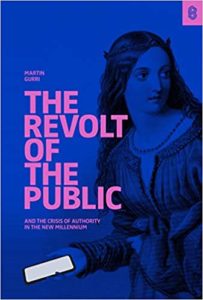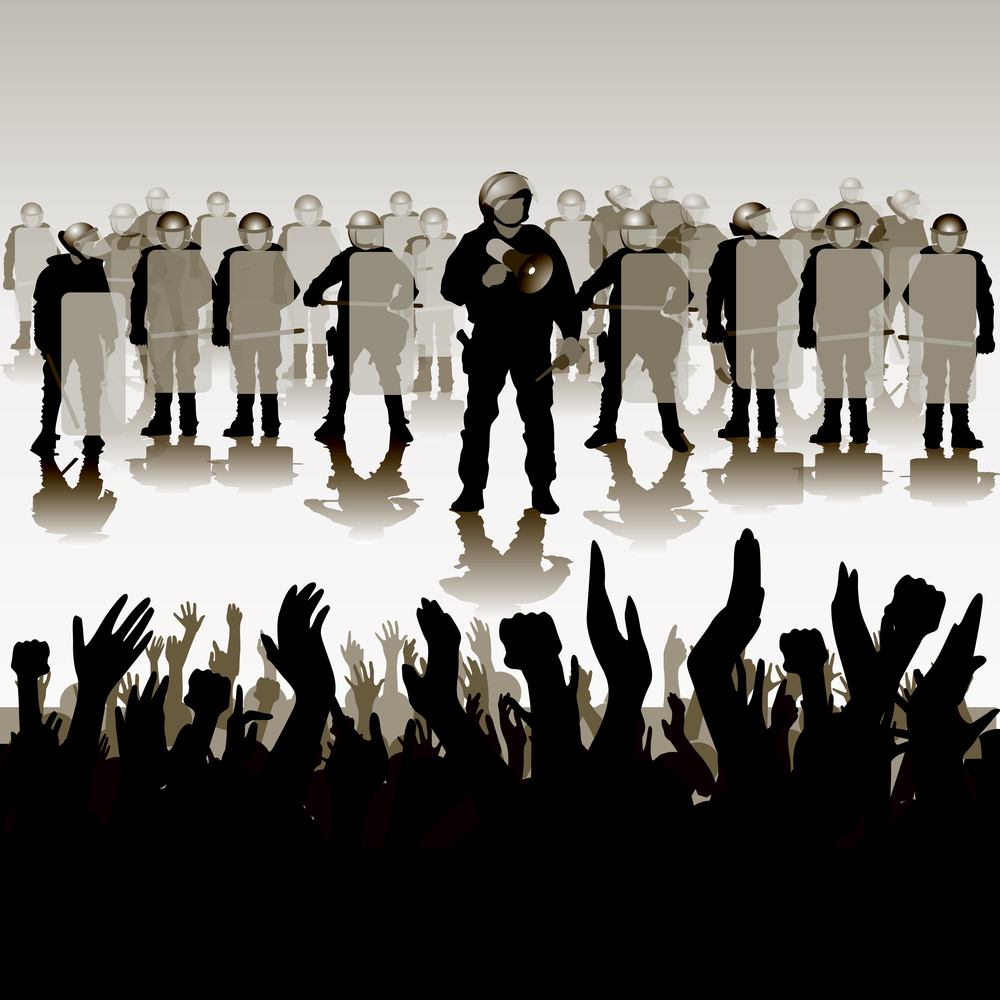The recent episode of EconTalk with Martin Gurri was one of the most jarring in my memory, simply because of the timing of its release. The episode was recorded prior to the onset of the COVID-19 pandemic. As Gurri himself asked on twitter, “Before the pandemic crisis, there was a revolt of the public. What are the odds that it won’t return, with renewed force, after the lockdown?”
And shortly after the episode’s release came the protests over the death of George Floyd in Minneapolis. Gurri describes The Revolt of the Public as “the global conflict between a public that won’t take “yes” for an answer and elites who want to bring back the 20th century” (again, via twitter).

It seemed Gurri was speaking about both of these incidents as I listened, even though that could not have been the case. So what lessons should we take from Gurri’s episode? He describes a digital earthquake, generating a tsunami of information, leading to increased social and political turbulence. How has this affected our institutions and their credibility? Since for this episode there are more questions than we can possibly ask in the space below, I’d like to encourage you to pose some questions this time. What would you like to discuss? Share your questions in the Comments, and let’s continue the conversation.
For those who would prefer a conversation starter, please use the prompts below. We love to hear from you.
1- Roberts suggests we fundamentally misunderstood the information revolution; how so? Why did just the profusion, the tsunami-like aspect of it, lead to such a dismantling of authority and credibility and trust?
2- There certainly were mass movements before the digital era. How is this one different? (The discussion of nihilism might be helpful here…)
3- Roberts asks Gurri if he’s worried about future of democracy. (He is.) What does Gurri mean when he speaks of “flattening the pyramid”? How might such flattening mitigate the “sectarian approach to politics” Gurri is so concerned with?
4- Roberts asks how we can make the world more democratic and as least vicious as we can. How would you answer that question? Are there any suggestions from Roberts and/or Gurri you could get behind? Explain.
5- What is your reaction to Gurri’s call for a new elite class, equivalent to a scientific class? What effects does Gurri hope this would have? To what extent can a new elite repair our broken political morality?


READER COMMENTS
SaveyourSelf
Jun 5 2020 at 7:44am
At around 21 minutes into the podcast, Martin Gurri said,
“Yeah, I agree. But, I disagree that there was a privacy issue. I’m sorry: the reality of the world–that’s an elite thought. The reality of the world is if you make a naked video of yourself with a woman, it’s going to get out. And, if you are dreaming about privacy, you are dreaming that you living in the 20th century.”
Is he right? Is privacy a relic of the past? And if it is, is that a bad thing?
Privacy has always struck me as a simple, effective tool to minimize the damage of a government. Underground economies subvert obstructions to trade. Not reporting income to the IRS avoids the negative consequences of taxation while simultaneously reducing the size of government. Private experimentation against the grain of government or public opinion can lead to new knowledge. Galileo comes to mind. But if privacy is gone and desire for it is ridiculed, doesn’t that mean all those past concerns about “Big Brother is watching you” are, if not a reality, at least a potentiality?
Comments are closed.